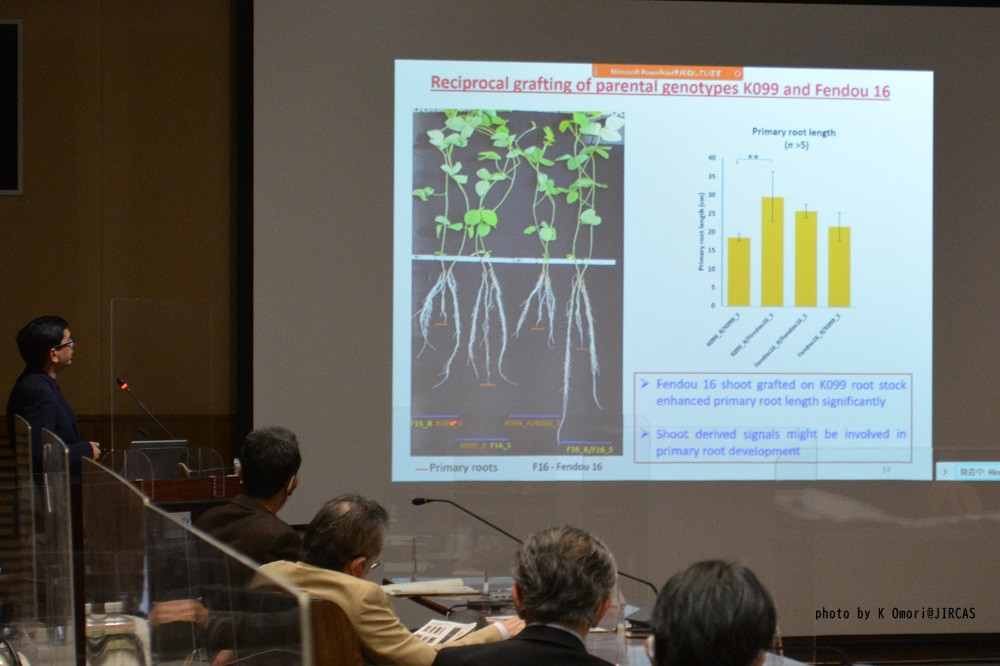Pick Up
392. International Cooperation Day

October 6th is "International Cooperation Day".
On this day in 1954, the Japanese government made a cabinet decision to join the Colombo Plan (see note) and began providing official development assistance (ODA) to developing countries. Since the following year, 1955, Japan has been providing technical cooperation by accepting trainees from overseas and dispatching experts. In 1987, the Ministry of Foreign Affairs of Japan and the Japan International Cooperation Agency (JICA) designated October 6 as "International Cooperation Day" to commemorate this event and call for public understanding and participation in international cooperation.
Since its establishment as the Tropical Agriculture Research Center (TARC) in 1970, JIRCAS has been a front-runner in international joint research on agriculture, forestry, and fisheries in tropical and subtropical regions and other developing regions for half a century. We are currently conducting joint research with 66 research institutions in 29 countries. In addition, in order to promote joint research with research institutes in these regions, JIRCAS invites administrators and researchers of joint research partners to Japan. The JIRCAS Visiting Research Fellowship Program invites researchers from a wide range of research institutions in developing regions to JIRCAS and TARF to promote joint research on issues that are difficult to implement locally due to the lack of research facilities.
On March 10, 2019, we held the "Final Report Presentation of the 2019 JIRCAS Visiting Research Fellowship Program" where the researchers from China (2), India, Brazil, and Thailand who have been invited to JIRCAS since October 2019 presented the results of their research over the past year and a half. Through this fellowship program, we hope to further deepen our ties with the research institutions to which the fellows belong and promote joint research.
(Note) Colombo Plan (https://colombo-plan.org/)
The Colombo Plan is an economic cooperation organization established in January 1950 to promote the economic and social development of countries in the Asia-Pacific region. The establishment of the Colombo Plan was agreed upon at the British Commonwealth Foreign Ministers' Conference held in Colombo, Ceylon (now Sri Lanka). Initially conceived as an economic cooperation organization within the British Commonwealth, it had only seven member countries within the British Commonwealth, but with the addition of the United States, Japan, and countries in Southeast Asia, it now has 27 member countries.
Contributors: KANAMORI Norihito and OMORI Keisuke (Information and Public Relations Office)
